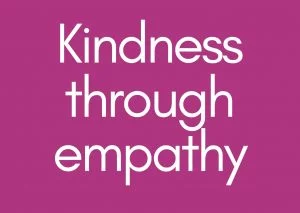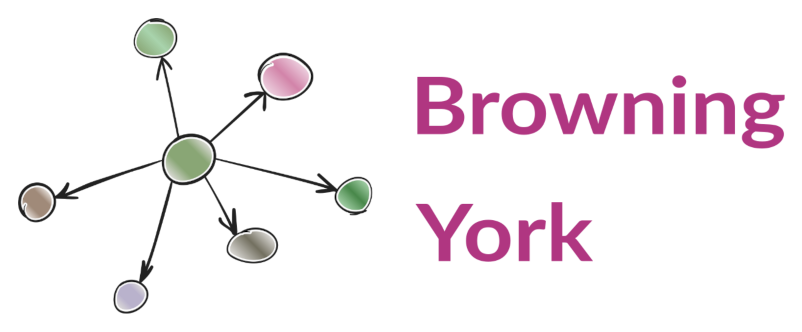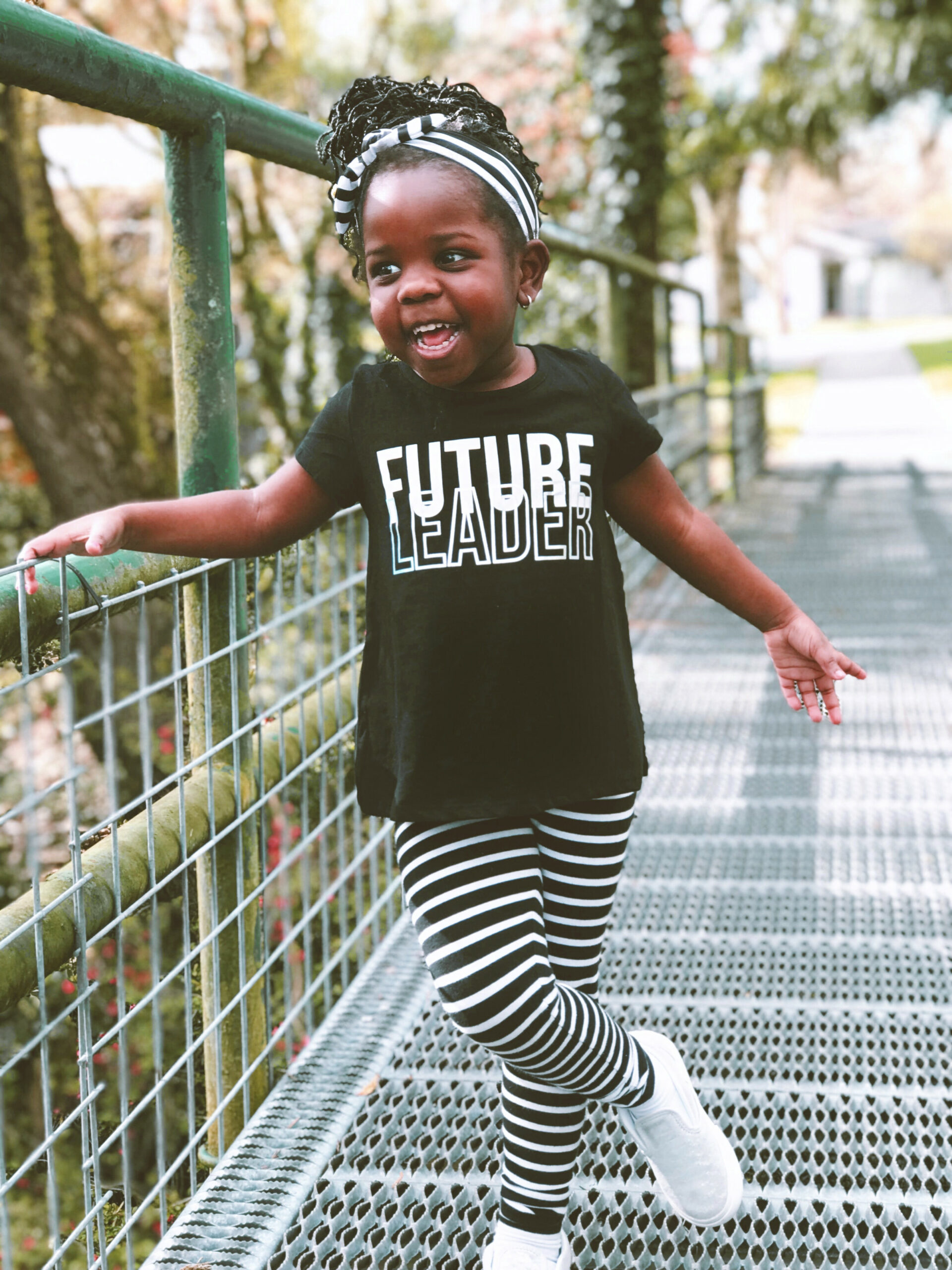This month I am delighted to bring to you a ‘What If’ blog piece from communications manager, Nafisa Shafiq. She shares a personal experience of kindness from a manager and talks us through actions that leaders can take to prioritise kindness.
It was 9.47 on Saturday morning when I heard my phone ring.
I was sipping my morning tea with my laptop perched on my duvet. As I paused the episode of Desperate Housewives, I glanced over to check the caller ID.
Dad.
It was unusual for him to call me at this time. My heart quickened a little. Usually, he would be at work. Instead, he had gone into the garage to call me.
“Hello?” I waited for him to respond.
“Nafisa,” he said. His voice was low and there was a slight hesitation as he said my name.
Something has happened! I started to panic. A million scenarios ran through my mind, none ending well.
I felt a shiver run down my spine as he finally began talking.
I didn’t know what to say.
They had been burgled. Everyone was OK. Mum was in her room, crying.
I need to go home
As I gathered my things, I called my manager’s mobile. I had been at the agency for 4 months and was still in my probation period. She didn’t answer so I left her a voice note. “I need to go home,” I said, and I told her I wasn’t sure if I’ll be back on Monday.
In the 4 hours that it took me to get home, I thought about the consequences of what I had done.
Why did I call her? I should have called in sick.
As I got out of the car, I checked my phone. She had sent me a text. “Don’t worry”, she wrote. “Take the week off to look after your family. I’ll sort things out at work.” I exhaled, took a deep breath, and walked through the doors of our family home.
Being nice and being kind

As we grow, we learn the social norms of what to say and how to react when faced with certain situations. We tend to use empathy to connect. Our words and actions demonstrate kindness, which help others feel valued; it shows we are all human.
We want to be liked. We want to belong, and inherently there’s nothing wrong with this. But when we lead – whether it’s a situation or team – we mustn’t confuse ‘being nice’ with ‘being kind’.
Although we use these terms interchangeably, there is one significant difference between the two; “while it is nice to be nice, it is essential to be kind.”
Nice is when you are polite to people and treat them well. Kindness is when you care about people and show you care.
For a leader, prioritising “niceness” can become a trap. Although being nice fits into our desire for belonging and companionship, it can become a leader’s Achilles heel. It can lead you to lose sight of your purpose: to help your team accomplish a specific mission. And shift your focus from “are we achieving our mission?” into “what does the team think of me?”
Instead, a leader should prioritise kindness.
A genuine leader is not a searcher for consensus but a moulder of consensus. – Martin Luther King, Jr.
Being kind comes from caring enough for others that you want to do something for them. It’s a skill that benefits you and the receiver.
How can leaders be kind?
Pre-pandemic, it was reported that 1 in 6.8 people experience mental health problems in the workplace. There is strong evidence that suggests workplaces with a high focus on mental wellbeing are more productive. With 69% of line managers saying that employee wellbeing is a core skill, it’s no surprise that good mental health at work and good management go hand in hand. It’s reported, companies and leaders that value kindness have a lower turnover in their teams, lower recruitment costs, and higher productivity.
1. Pay attention
You might notice that someone is more tired than usual. They may be making uncharacteristic mistakes, or need motivating. They might be avoiding colleagues. These are signs that they are not coping which is why it’s even more important that you check-in with them. And if you do notice anything different, raise awareness of this with the individual to help and support them.
It turns out that trust is in fact earned in the smallest of moments. It is earned not through heroic deeds, or even highly visible actions, but through paying attention, listening, and gestures of genuine care and connection – Brené Browne
2. Celebrate and recognise your team, sincerely
Celebrating the successes of your team and recognising their efforts is also an act of kindness. It instils a sense of meaning and purpose; that people are people, not machines. It also inspires great results – according to a study by Warwick University, happier people are 12% more productive.
Leaders become great, not because of their power, but because of their ability to empower others – John C Maxwell
3. Assume the best in others
Maya Angelou once said: “I’ve learned that people will forget what you said, people will forget what you did, but people will never forget how you made them feel.” And this is true for leadership.
If you don’t tell people the truth because you don’t want to hurt their feelings, you are doing them and yourself a disservice. Instead, assume that everyone is doing the best they can. If you find someone isn’t on the right path, show kindness while you help and support them without making them feel attacked.
Everybody is a genius. But if you judge a fish by its ability to climb a tree, it will live its whole life believing that it is stupid – Albert Einstein
Kindness is a gift everyone can afford to give
If you are a leader, you know that it is a privilege to be in a place of authority, where others can place their trust and faith in you. It is a privilege to act as a role model and have an opportunity to support others.
Because of this, we must choose to be kind and care more about others. Not because of how we are perceived, but because ultimately, this is the biggest act of kindness and the greatest gift we can give to the world and those around us.
Nafisa Shafiq is a UK–based Higher Education Communications Manager. She is a polyglot who has worked with global clients in the private and public sector. Nafisa is a founding member of A Leader Like Me and champions equality and inclusion. She is passionate about nurturing relationships, showing kindness and making communications clear and accessible to diverse audiences. Nafisa shares her comms journey and learnings through her blog. You can find her on most social media sites. She is most active on Twitter – her handle is @NafisaShafiq
Read other blogs in this series:
https://linktr.ee/browningyork
The post What if… leaders prioritise kindness? appeared first on Time for Kindness.

